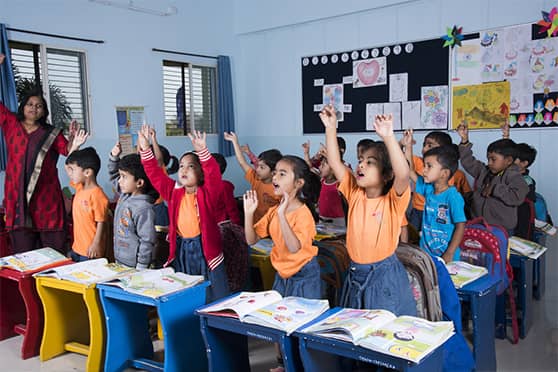World Bank offers $250 million to fund Andhra Pradesh’s school education project


The World Bank will be helping Andhra Pradesh educate its children better by offering a $250 million loan to fund the ‘Supporting Andhra’s Learning Transformation Project’.
This school education initiative will cover about 40 lakh students from the 6 to 14-year age group across more than 45,000 state government schools, over 10 lakh children (3-6 years) enrolled in Anganwadis, about 1,90,000 teachers, and more than 50,000 Anganwadi workers.
An official release on November 23 informed, "The Government of India, Government of Andhra Pradesh and the World Bank on November 18, 2021 signed the legal agreements for USD 250 million for a project which aims to improve quality of learning for over 50 lakh students in the state of Andhra Pradesh.”
The agreement was signed by Rajat Kumar Mishra, additional secretary, department of economic affairs, Ministry of Finance; Budithi Rajsekhar, principal secretary, department of school education, Andhra Pradesh; and Junaid Ahmad, country director, World Bank.
The project will introduce a one-year preschool-level course in 3,500 schools in the tribal blocks, which will help address the issue of low learning levels in the tribal community.
The fund will be utilised to encourage professional development of teachers as well as provide remedial learning courses for children impacted by the COVID-19 pandemic, the release added.
Under this learning outcome project, special attention will be given to children with special needs, students from marginalised groups, including scheduled tribes, as well as girls.
“Providing universal access to quality education is central to India’s economic and social development. The project will support the state of Andhra Pradesh in fulfilling its vision of transforming government schools into vibrant institutions focused on foundational learning for young children, including addressing learning losses for children impacted by the COVID-19 pandemic,” the Finance Ministry said in the statement.
With the ongoing COVID-19 pandemic, home-based learning opportunities for students are of top priority for the state, the statement stressed, adding, “Given the low availability of digital devices amongst students, the focus will be on developing physical learning kits and content for television and radio broadcasts.”
This will help reduce the learning losses that children are likely to face owing to school closures because of the ongoing pandemic, future natural disasters or other disruptions related to climate change, the statement said.